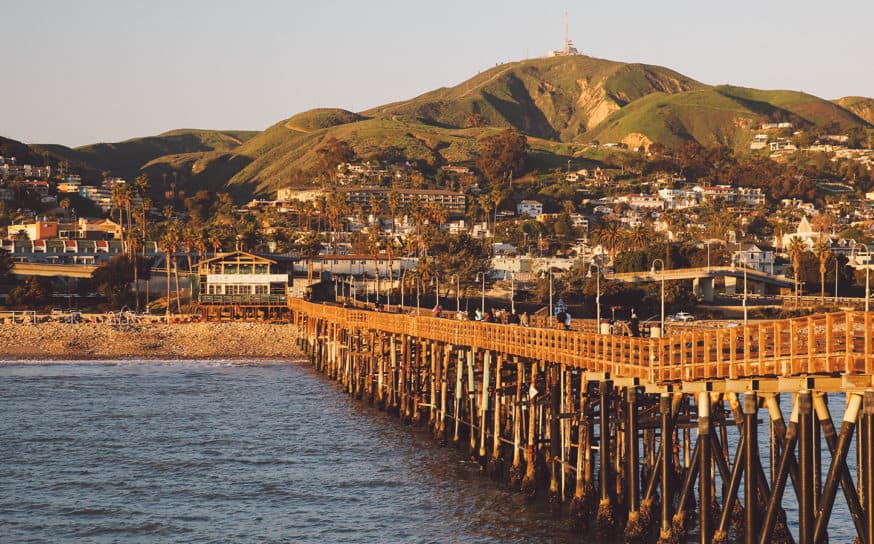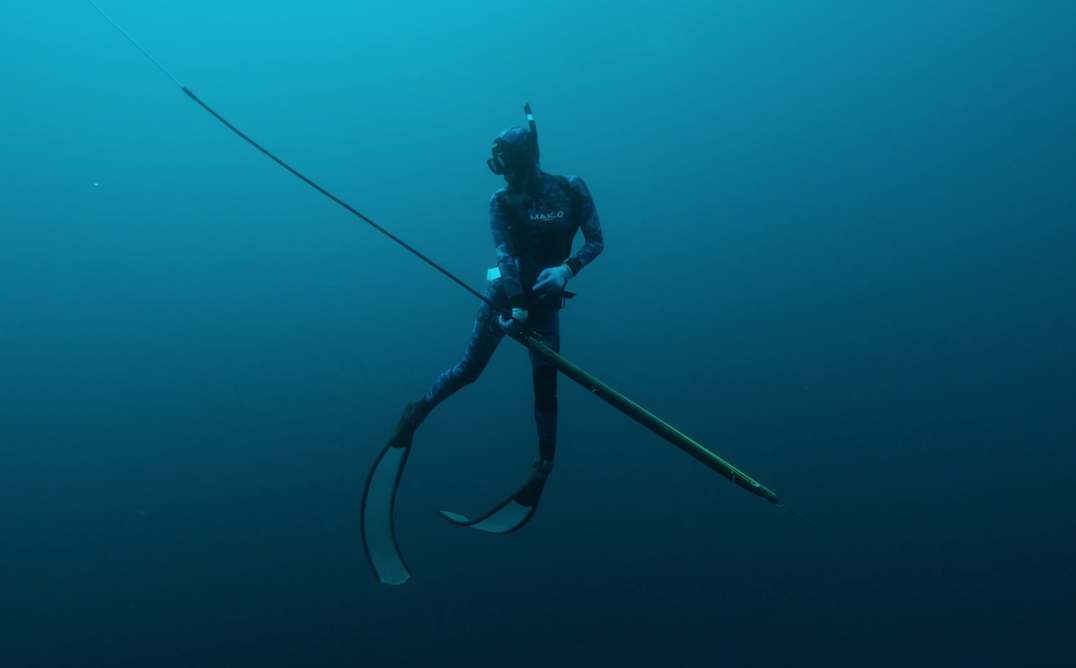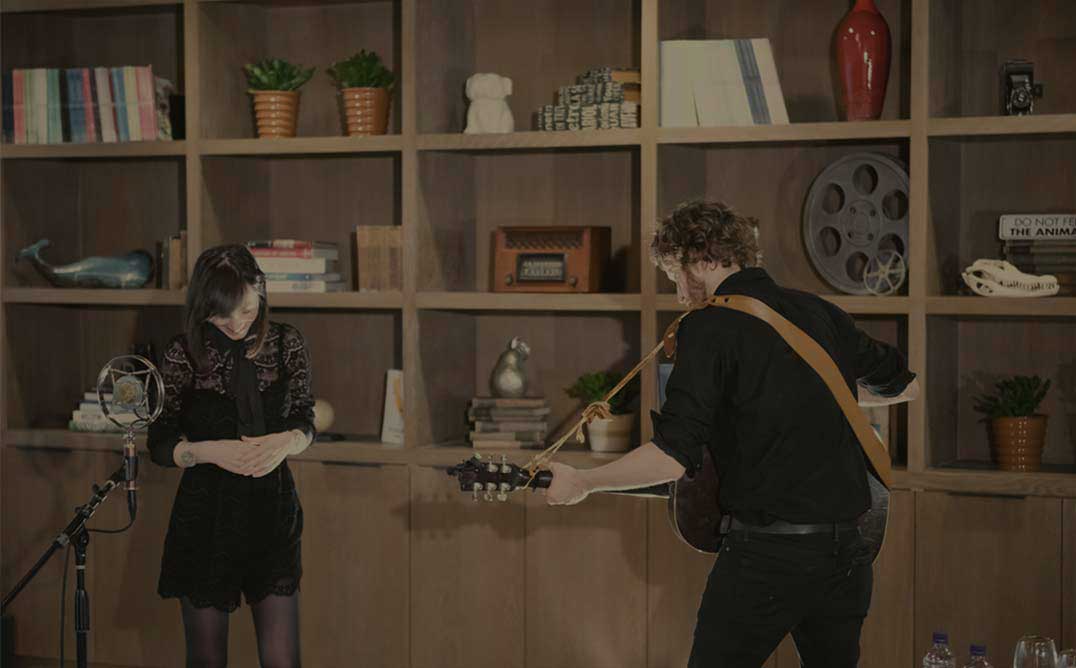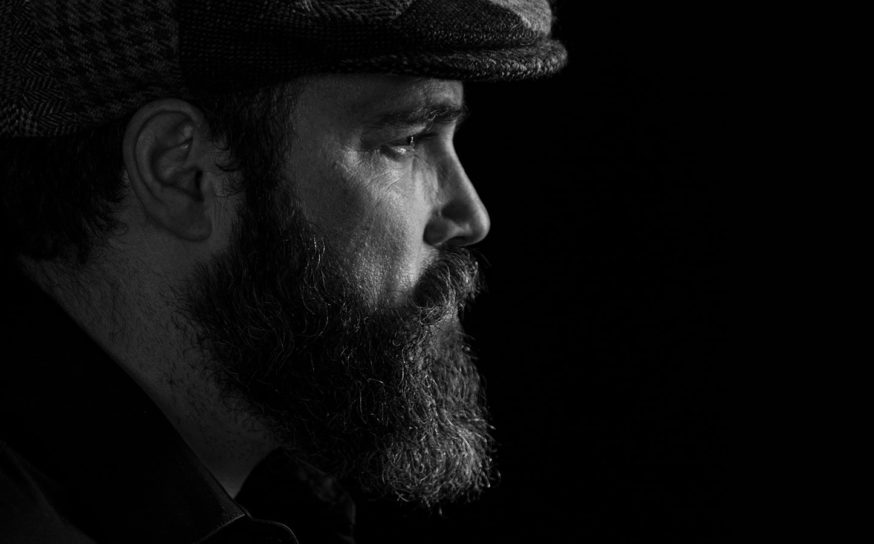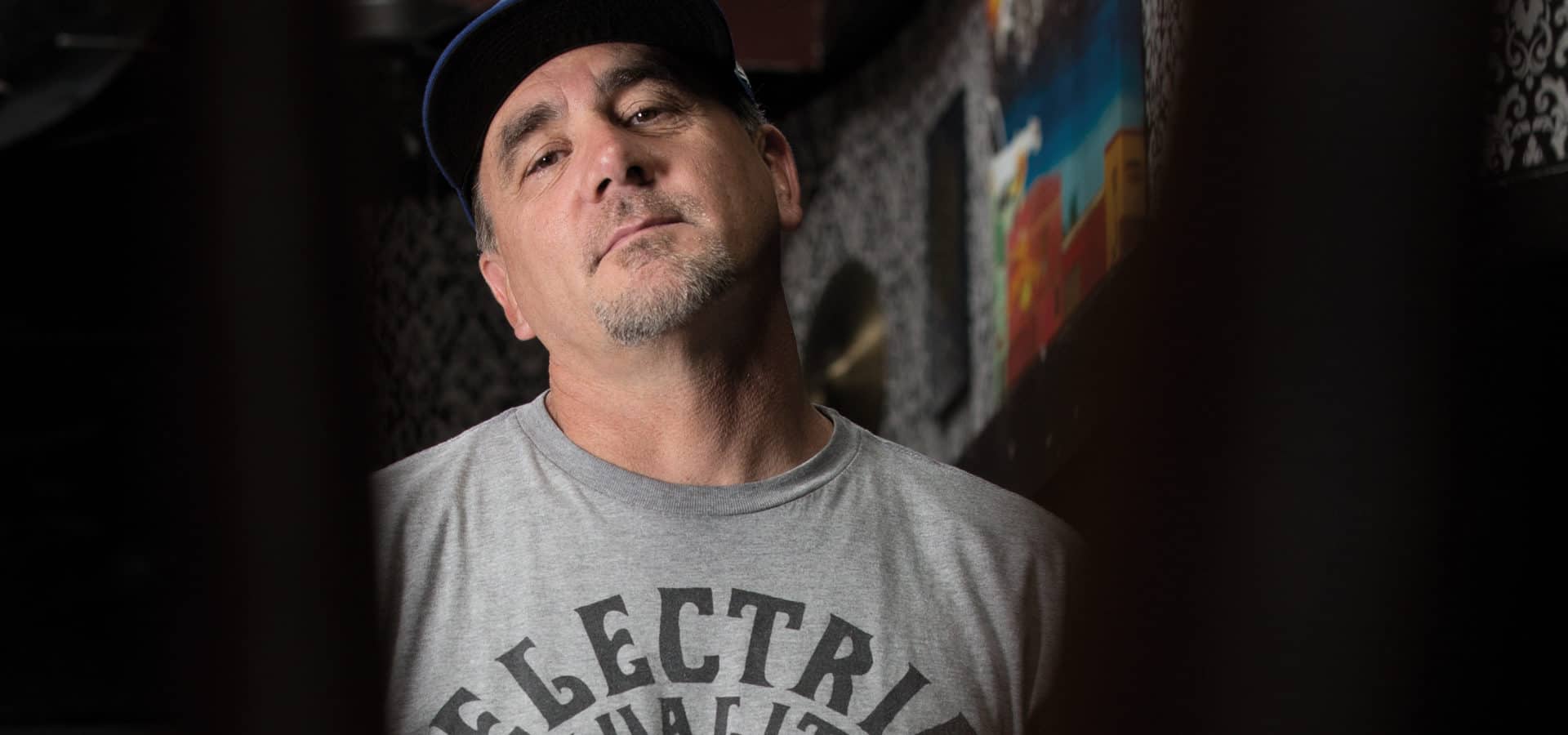
Pennywise’s Jim Lindberg Reflects on His Inspirations, Career, Philosophies and the Rewards of Rebellion
A word from the Wise.
-
CategoryArts + Culture, Music + Podcasts
-
Written & photographed byKat Monk
In the early 1980s, before golf carts and McMansions were a part of the norm in the one square mile that harbors Hermosa Beach, a former Baptist church—just east of the Hermosa Beach pier—began an unholy transformation. In the beginning, the abandoned church rented out space and became a flophouse for hippies. But soon it would emerge as a local incubator for punk rock bands such as Black Flag, Circle Jerks and The Descendants. These highly influential bands practiced several hours a day—a few members living at the church in what was described as “punk rock squalor.”
Around the same time, a Hermosa Beach teenager took notice of the Black Flag logo spray-painted all around town. He signed up for their fan club and soon discovered the church. He talked himself into a job at Alta Dena Dairy across the street just so he could be closer to the scene.
The opportunity to run into some of his favorite singers like Keith Morris or Ron Reyes proved beyond inspirational. That teen was Jim Lindberg, and he went on to become the lead singer of one of the most popular punk rock bands of his generation: Pennywise.
Jim and his sister, Kelly, grew up with two upper middle-class parents working 9-to-5 jobs in the aerospace industry. Born with a lazy eye, Jim started kindergarten with a classroom of kids gaping back like something was wrong with him. Instead of surrendering to self-consciousness, Jim learned to embrace the feeling of being different and slowly emerged as the class clown in elementary school—always the one to try and get his friends to laugh and do outrageous things. In contrast, Jim was also an altar boy at Our Lady of Guadalupe and American Martyrs churches.
When punk rock came around in his youth, Jim immediately got hooked. “I saw how people in London were dressing with their spiked hair and crazy clothes,” he says. “It definitely appealed to me because these people were not caring about what people were saying about them. I developed that from an early age.”
Jim soaked in all he could about the music scene happening at that Hermosa Beach church. With many of the band members and their managers grocery shopping at the Dairy, it was a dream come true. As a bonus, Jim made money to buy surfboards, skateboards and what he needed to start playing music.

Jim learned that punk rock was more about attitude and irreverence than it was about being a polished singer like Bon Jovi or Bono. “I don’t think anyone would say that Johnny Rotten had a great voice, but his attitude was better than anything,” he says.
Three of his favorite bands—Black Flag, The Descendants and Circle Jerks—had members who attended Mira Costa. “That was something amazing because it made me feel like you could start a band,” he remembers. “Those three bands were like The Rolling Stones and The Beatles for me. They had a profound effect on me.”
Jim went down to Pier Music, bought a guitar from “Grumpy Bob” and started taking lessons at Goldbeck’s Guitar Nook on 16th Street when he was just 10 years old. He learned songs from The Clash and the Ramones, locking himself up in his garage and practicing several hours a day rather than surfing with friends.
Eventually Jim answered an ad in the Easy Reader seeking a singer and started playing with some kids from South High who called themselves The Young Catholics. They started playing at parties all around Palos Verdes. Once Jim felt more confident, the band started playing parties around Costa too.
“Even though I was a delinquent growing up, my dad was really instrumental in encouraging me to go to college,” Jim shares. He went to San Diego State and later UCLA, where he sang in a cover band that played at Orville & Wilbur’s on Rosecrans in Manhattan Beach—currently Verandas. “The first set was always a bit tighter because at our break they would give us a few mai tais.”
After Jim graduated from UCLA with his Bachelor of Arts degree in English, he got an advertising job in Los Angeles to make ends meet—burning the candle at both ends.
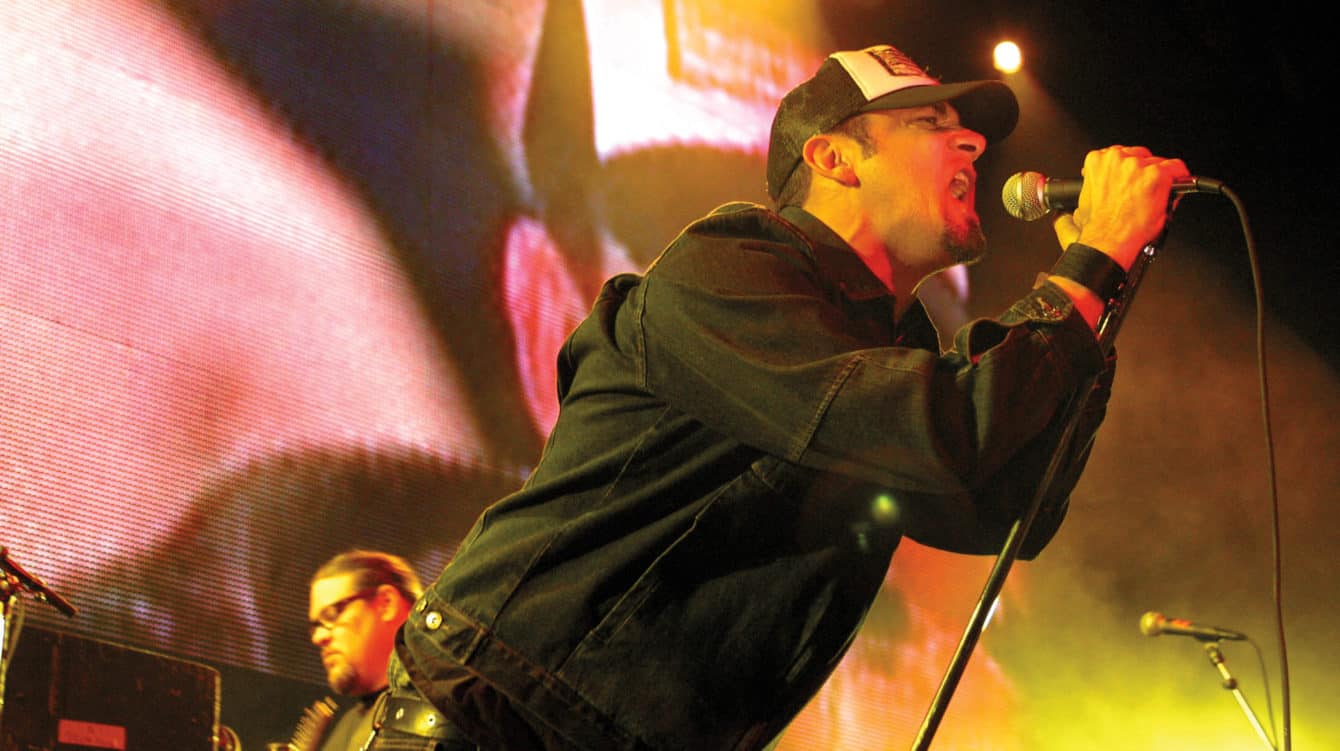
A dynamic shift occurred when Jim first met Jason Thirsk and Fletcher Dragge of Pennywise. Though a difficult decision for him to switch bands, he just wanted to have some fun and enjoy playing at parties again. “For me to say to my current band that I’m going to quit and sing for a punk rock band, well, they were not happy about it.”
As the Pennywise parties got bigger and bigger, the police began showing up within a half-hour. In response, they tried to write short and fast songs so they could play at least a dozen of them before the cops arrived and everyone scattered.
Through it all, Jim worked at his advertising job, arriving late with a hangover and black eyes. Jim’s co-workers soon were asking, “What are you into?” His boss, less than pleased to have a punk rocker for an assistant, wanted to fire him. “I was living a double life then,” he says. “I got married at this time too.”
Ultimately Jim needed to decide between his advertising job and touring Europe with Pennywise. Confronted with the choice, Jim went to his dad for advice. He encouraged him to follow his dreams.
Pennywise took off quickly. A DJ at KXLU put them on his radio show at Loyola Marymount University and introduced them to Brett Gurewitz, owner of Epitaph Records and guitarist/songwriter for punk bank Bad Religion. Within a month, Brett signed Pennywise.
“Jim is one of the greatest punk rock singers of all time,” he says. “His aggressive but melodic vocal approach has helped define the genre for more than a generation.”
In the late ‘80s heavy metal ruled the charts, but many people around the South Bay were just not that into it. That void left an opening for bands like Pennywise, Bad Religion, Social Distortion and The Offspring to emerge, and a second wave of punk music was born. Jim reminisces, “Bad Religion had just put out the album Suffer, and everyone rediscovered their punk rock roots again.”
As action sports began to gain more traction, Pennywise found itself immersed in the center of that universe. Being in Southern California gave them access to a growing community of surfers and skaters. As that world got more radical with new and ambitious tricks, they sought fast-paced music to accompany their videos. Vans got involved and helped start The Warped Tour in 1995. Pennywise played many years on this tour, which has continued every year since ‘95.
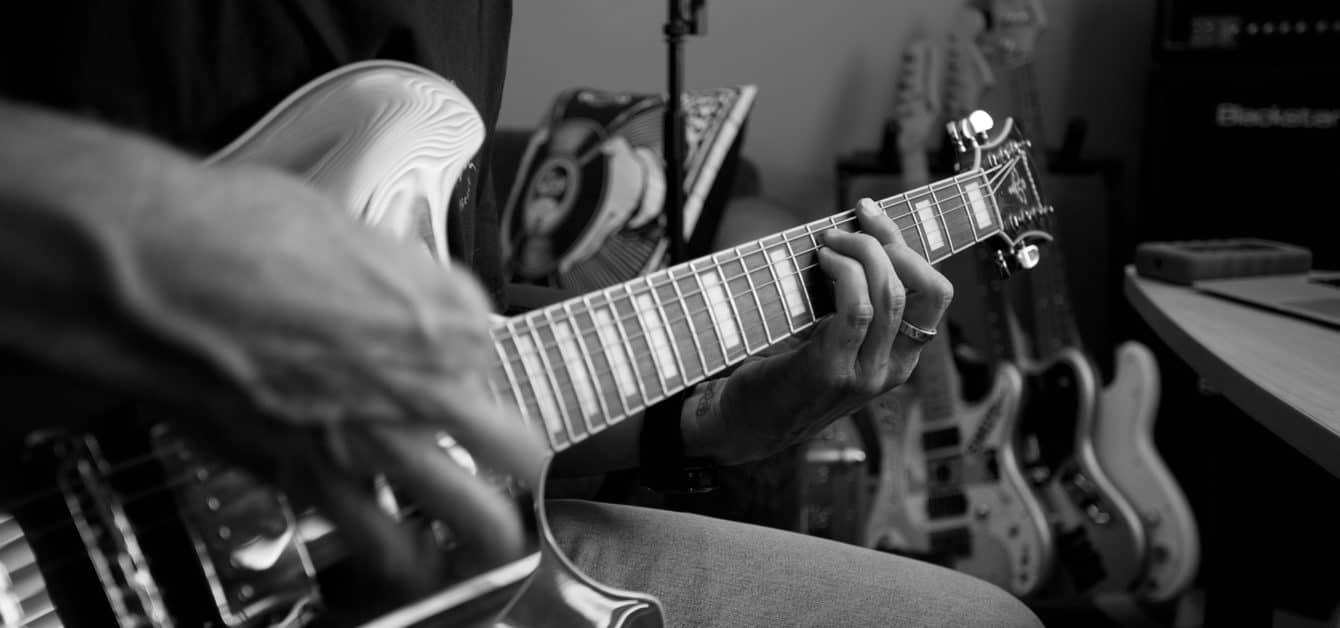
Epitaph scored a deal with pro surfer Taylor Steele to use music by Pennywise, Bad Religion and The Offspring as soundtracks for his surf movies. Taylor’s videos showcased the shift seen in a quicker, more technical surfing style.
“Our music went along perfectly with it because it was really fast and aggressive,” Jim explains. “Almost overnight those videos became really popular, and so did our band. All of a sudden in places like Australia, we could have a couple thousand people coming out.”
Jim, an accomplished songwriter, wrote many of Pennywise’s songs, including “My Own Way,” “It’s Up To Me,” “Date with Destiny” and “My Own Country.” He finds his writing voice predominantly from his philosophical beliefs but also his own life experiences, different types of music and his experiences with religion.
A strong believer in the transcendentalist movement, Jim believes we should live our lives by our own rules and not adhere to the materialistic constraints of modern society or authority. He was first exposed to transcendental philosophers like Ralph Waldo Emerson and Henry David Thoreau in college.
“The punk rock ethos was described by people from centuries ago. It was the same self-reliance and civil disobedience and all these things I really related to,” adds Jim. “I put a lot of those ideas into my songwriting—songs like ‘It Is Up To Me.’”
Transcendentalist philosophy is also present in the song “Every Single Day”—about living for today and not worrying about the future or having any regrets. He tries to write his songs to inspire other people to live by their own ideas and not the mistakes of the past. “Anthemic self-empowerment” is his description.
By 2008, with three daughters at home, Jim had been touring with Pennywise and putting out albums back-to-back for almost two decades. He needed a break. While it didn’t happen smoothly, with much transpiring between the band members at the time, Pennywise is now reunited after a three-year break and stronger than ever. With mainstream success for nearly three decades, the band is still going strong with a new album, Never Gonna Die, just released.
Jim has worked on other projects outside he band, such as Havoc TV—an action sports media company that became one of the top video on-demand networks for action sports and music. He also wrote a book, Punk Rock Dad, and is currently involved in several different documentaries.
Jim’s idol, Keith Morris of Black Flag and Circle Jerks, has this to say: “The Circle Jerks played a Warped Tour a couple of years ago, and we were on the old-school stage with the Adolescents, The Dickies, Fear and all these wonderful bands. Pennywise played with Bad Religion on the main stage, and I was in awe. There were people who weren’t paying attention to the bands who were playing on the stages in front of them because they were facing the stage where Pennywise was playing. We’re talking like 15,000 to 18,000 people watching Pennywise.”
The lead singer of Black Flag in awe of the teenager that once worked across the street at the dairy. In the South Bay, life often comes full circle.
For more stories like this, visit www.oursouthbay.com.
Get Our Autumn Vibes on in Beautiful Ventura
Check out the little surf town that could.
Monday Moods: “Members Only”
A new 5-pack of tunes for your favorites list.



